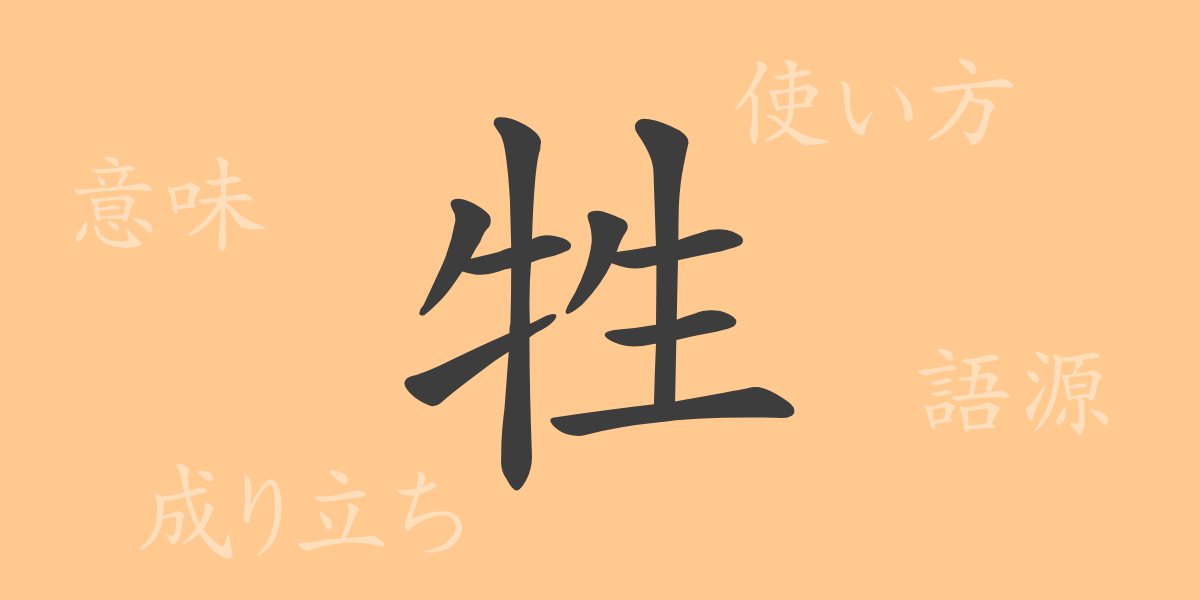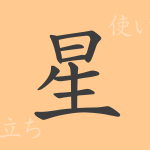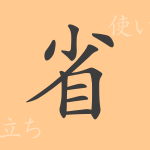Language is a mirror of culture. The Japanese kanji ‘牲’ (せい), with its deep historical background, reflects Japanese values and spirituality. This article delves into the origins, contemporary usage, and related phrases and proverbs of ‘牲’, inviting you on a journey to explore the meanings embedded in each character of the Japanese language.
Origins of 牲
The kanji ‘牲’ originated in ancient China as a term for livestock offered in rituals. Based on the character ‘生’ (なま, life), with the addition of ‘牛’ (うし, cow), it came to represent a living sacrifice. When this character was adopted in Japan, it took on unique meanings associated with local ritual practices.
Meaning and Usage of 牲
In modern Japanese, ‘牲’ extends beyond religious sacrifices to metaphorical uses. It broadly denotes something sacrificed to achieve a goal, often referred to as ‘sacrifice’. This usage is prevalent in everyday language, particularly in the form ‘犠牲’ (ぎせい, sacrifice), commonly spoken by people.
Readings, Stroke Count, and Radical of 牲
The kanji ‘牲’ is characterized by its unique structure, readings, stroke count, and radical:
- Readings: On’yomi ‘セイ’; there are no common kun’yomi readings.
- Stroke Count: ‘牲’ consists of 10 strokes.
- Radical: The radical is ‘牛’, which categorizes kanji related to cows.
Phrases, Idioms, and Proverbs Using 牲
Phrases and proverbs containing ‘牲’ often carry a strong connotation and are used in many lessons and admonitions:
- 犠牲 (ぎせい): Refers to sacrificing something to accomplish something else.
- 犠牲打 (ぎせいだ): In baseball, a play where a batter deliberately gets out to advance another player.
- 犠牲者 (ぎせいしゃ): A person who suffers misfortune due to an accident or incident.
- 犠牲になる (ぎせいになる): The act of sacrificing oneself to save others.
Conclusion on 牲
The meaning embedded in a single kanji reflects the culture and history of its people. ‘牲’ has evolved from ancient ritual use to modern metaphorical expressions, but at its core, it represents the act of offering, a manifestation of a strong will, deeply connected to Japanese spirituality. Through exploring ‘牲’, we gain a deeper understanding of the cultural and historical contexts behind the words.

























